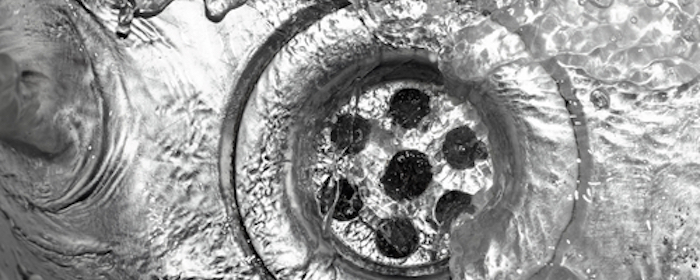Feed or Drain?
As the lights went down in the theatre on what by now had been the 30th reading I had gone to, I took a deep breath. I had been here before many times and I knew that I was about to have one of two things happen:
I was either going to see something amazing that fed me artistically or I was going to see something bad that drained me of my energy.
To this day, whenever I sit down to a reading of any new project, I know within the first few minutes if it is for me or not. The rest of the show either convinces me that I’m right or makes me think I’m wrong in my first impression. As I sat down to a one on one meeting the other day, I was made aware of the same scenario. I was speaking with someone who had requested to get together and chat and as the conversation continued I started to notice that all of the things we were talking about had to do with him. I made an attempt here and there to mention something I was working on or that I was excited about, but at each point the conversation kept circling back to him and what he needed. I began to feel drained and started to wonder how much longer the meeting would be taking. It reminded me of so many of the readings I have seen where the writer is more concerned with their own agenda than telling the audience a good story. The piece just goes on and on so that we can fully understand the pain this person went through, because we can’t possibly know what it’s like to endure their struggle, etc.
I often will sit with writers after seeing pieces like this and ask them who they are writing for. It’s one thing to journal and spill your guts on the page; it’s another to craft a story that leaves the audience with something of value. My meeting left me with nothing to think about or care about. It was mainly someone who wanted to tell me about themselves and then ask me for help. The meeting finished with the person going on their way and not asking anything about what I was working on or how they could be helpful to me. I left the meeting feeling drained like I do when I go to a bad reading. I have made it a point recently to keep track of what happens in each of my meetings and this was one of those meetings I took some time to reflect on. I came to the following conclusion:
Meetings either feed you or drain you.
You’re either going to meet with someone and have the desire to see them again or you’re going to meet with someone and feel tired afterwards and not want that experience again. So what are some things you can do so that the person on the other side of the table feels like you are feeding them rather than draining them?
Here are a few tips:
- Listen to what they are working on and engage with them - Most people will be kind enough to tell you about the projects they are involved with. You can sit and say nothing or you can find opportunities to engage with them. Ask questions that encourage conversation. Asking clarifying questions shows the other person that you are actually listening and that you care.
- Offer to help - Somewhere in the conversation there will be an opportunity for you to offer help. Whether that be suggesting a possible introduction, offering to volunteer your time, or just mentioning a new resource that came out. It again shows the other side that you care and that you value their time. Many people worry that they can’t possibly help the other person, but the truth is, you will not know until you ask what they could use help with. You may be surprised at the answer.
- Pay attention to your body language - Are you looking at the person? Are you smiling? Are you showing them that you want to be there? Nothing is more frustrating than someone telling you that what you are telling them is exciting while keeping a completely straight face and showing no emotion. Let people see that you are with them emotionally. Lean in if you are interested, laugh if they say something funny, and enjoy your time with them. It’s also important to note that I’m speaking about genuine reactions. The kiss of death is to pretend you’re having a good time when you’re not. Check in with yourself throughout, but if you are enjoying yourself, let the other person know.
- Find opportunities to shift the discussion - Sometimes it’s fun to take a break from talking business to talking about the neighborhood you’re from or about something that you have always been curious about. I personally love it when someone brings up an observation they’ve made or a new insight.
- Weave storytelling in - One of the best ways to keep people engaged is to tell a great story. I always try to have a few at the ready if I think it will open up a conversation. You want to make sure it’s relatively short in length, but it’s a great way to engage with people you meet.
These are just a few of the things that have worked for me personally when keeping a one on one meeting going and feeling like there is a nice exchange between both parties. The main focus here is to do everything you can to not be a drain.
Sometimes one reading is all a writer gets to get a producer to come on board and sometimes in life one meeting is all you get to make an impression on someone.
Use it wisely.
Feed them.
Don’t drain them.
Excelsior!

